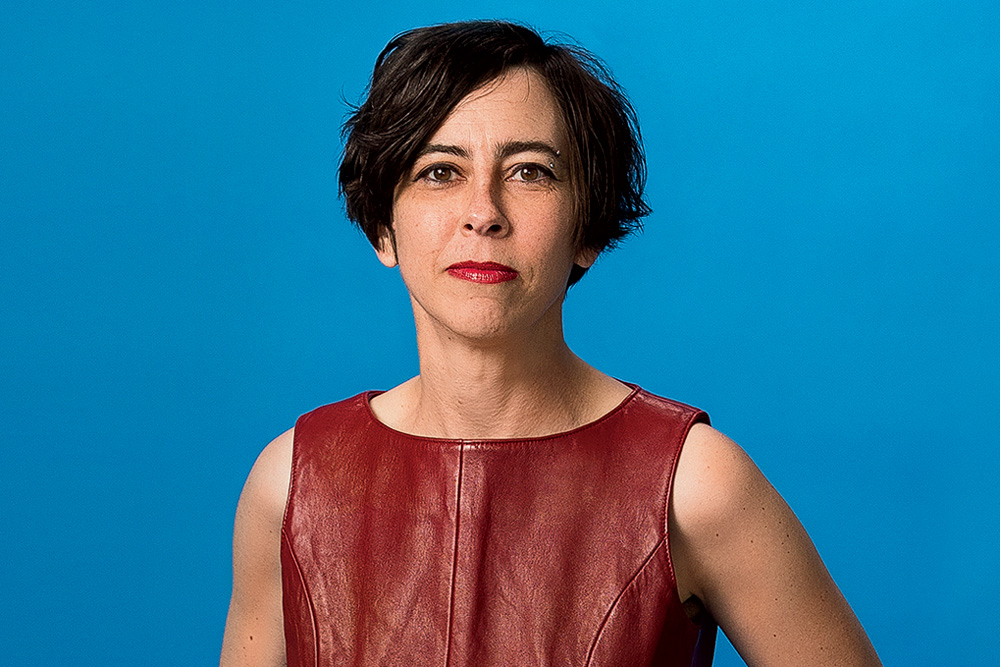In Body Horror, you argue that garment workers and models have more in common than we realize. How so?
Both are paid a slim percentage of a living wage, and both suffer extremely high rates of sexual abuse and harassment. We are in an age when we talk about misogyny from a very personal standpoint, but it’s rarely laid out so we can see the same thing is happening to millions of women. We don’t talk about it in a systemic way.
How does misogyny intersect with autoimmune diseases, which you write about as both a patient and a journalist?
Autoimmune diseases afflict a population that’s 75 to 90 percent women, and those diseases are understudied, misdiagnosed, and ignored on a consistent basis. The history of medicine is a history of misogyny in literal ways: There’s been a lack of knowledge of, or interest in, women’s bodies since the beginning of medicine.
This is some “deep, dark shit,” as you say—but you approach parts of it with humor.
I spent years living among communities that have suffered mass killings, from the reservation in South Dakota where I was born, to Cambodia, where I spent seven years reporting on genocide survivors. Among these people, the one constant is that they’ve developed a sense of humor about it. Outsiders are like, “Whoa, you did not just joke about eating people when talking about the Khmer Rouge.” Once you’re around it enough, that’s how you deal. Humor allows you to have a shared moment of joy, even in something awful.
Do you consider yourself a feminist?
What I am interested in is not identifying under a certain label but actually working toward the increased rights of certain people. So it’s a word I don’t use much.
You recently moved to Detroit for a writing residency. What do you miss about Chicago?
Jibaritos. And my people. The level of tough that Chicago is, is the level of tough that I am. One time at my local post office, I saw this woman go off on someone who’d used an inappropriate volume of tape on his package. She just took every ounce of rage she had and let it out on this poor hipster. He was in tears by the end. I was like, “It’s cool, dude, it’s Chicago. Now you’re one of us.”



